Do you want to marry your passion for travel with your professional career? Coffee is the absolute best career for travel lovers. Whether you’re a business graduate, engineer, or social studies major, coffee careers have a home for you!
Travel-friendly Careers
Life is sweet and before we know it, it’s over. Hence the reason why picking the right career path is one of the most important decisions you’ll ever make.
Do you want to spend the rest of your life in a dark office cubicle in the boring part of town, commuting 2h per day? Hell no.
A career in the field of coffee is a good alternative for those that want to marry their travel passion with a meaningful career.
Working In Coffee
Coffee is a plant that most of us consume on a daily basis. A tasty cup made from freshly roasted beans. And coffee beans grow in the tropics, in over 50 countries.
You already start seeing what I’m going to tell you. Working in coffee is fun because it exposes you to lots of traveling. This is because coffee itself is produced all around the world, in many exciting locations. From Brazil to Ethiopia to Papua New Guinea, and beyond.
And specialty coffee is fun, well, because it’s a cool concept, with taste coffee and draws interesting people in.
You can find the best jobs in the coffee industry at 99commodities.
Roles In Coffee
How can I work in the coffee industry? Well, there are many ways, obviously starting with working at your local cafe as a barista. But there are many other ways to start a career in the coffee world.
Coffee is an agricultural product, and is traded, exported, and transported like a commodity. Commodities are products that are fairly (or fully) standard, such as coffee, corn, or aluminum.
One of the reasons why coffee is the best career for travel lovers is that many coffee roles are located in exotic countries.
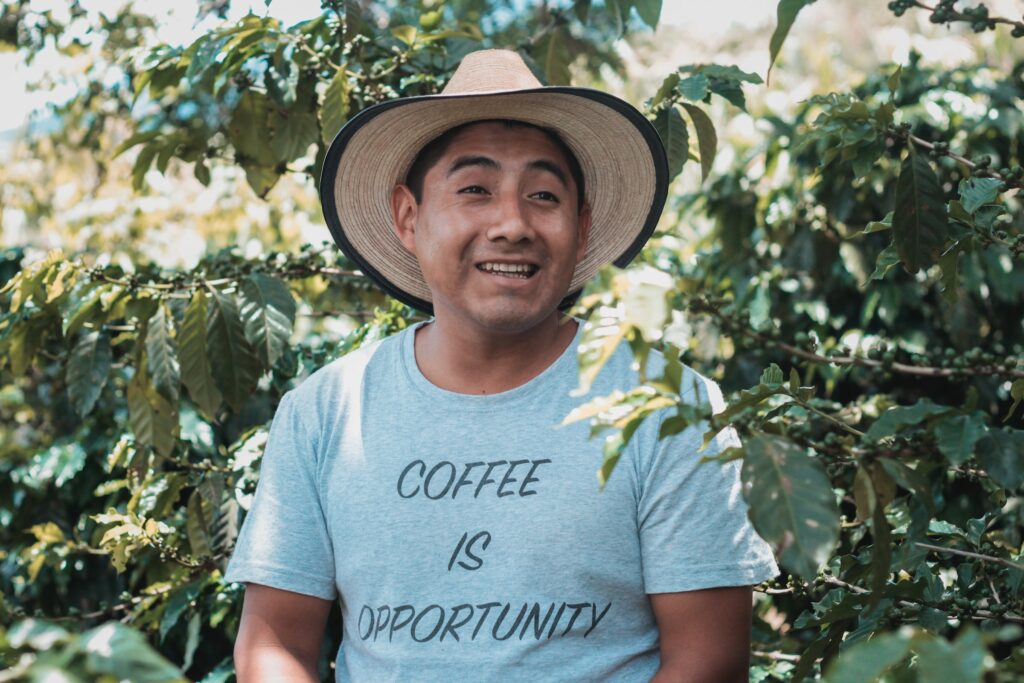
At Origin
You can work alongside coffee farmers to help them improve their crops and agricultural systems.
In this case, you’ll likely be located in remote areas, with some exceptions, but it’s a fantastic way to learn about coffee production, and coffee farming.
This will help you secure yourself a coffee job at a later point, as you will better understand the production of coffee at origin. This is invaluable as a coffee professional.
In coffee, and other commodities and internationally traded products, language skills are really important, as they will allow you to communicate with local producers, and exporters easily.
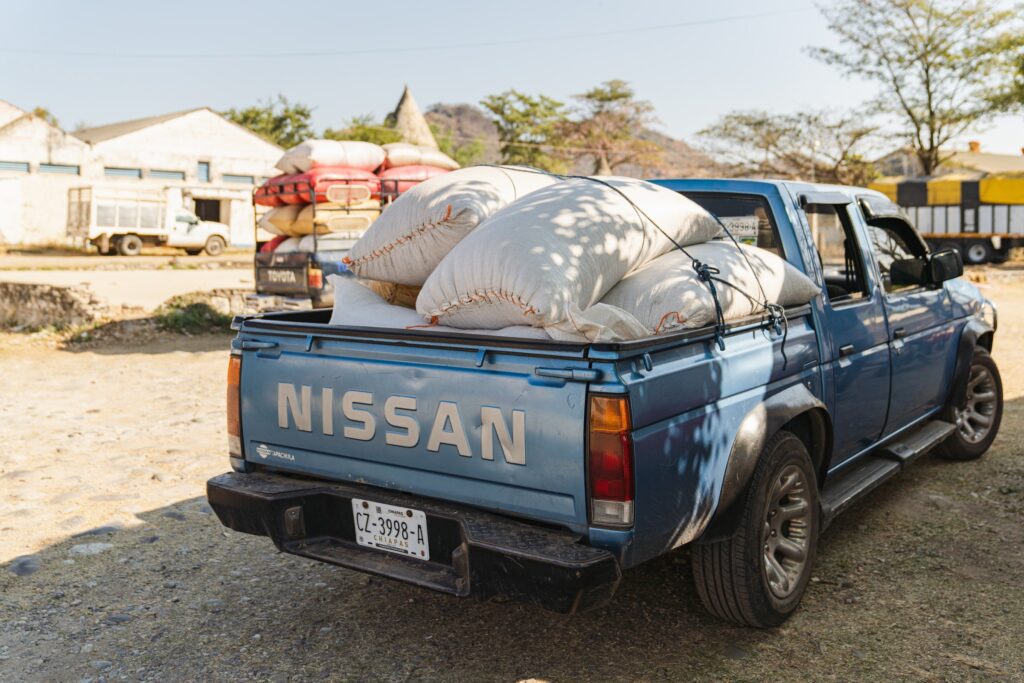
Spend 3 to 6 months in a coffee farm or production area and you’ll see what this profession has to offer.
It will expose you to the fundamental operations of coffee production and trading, which becomes very useful for anything else you do in the industry.
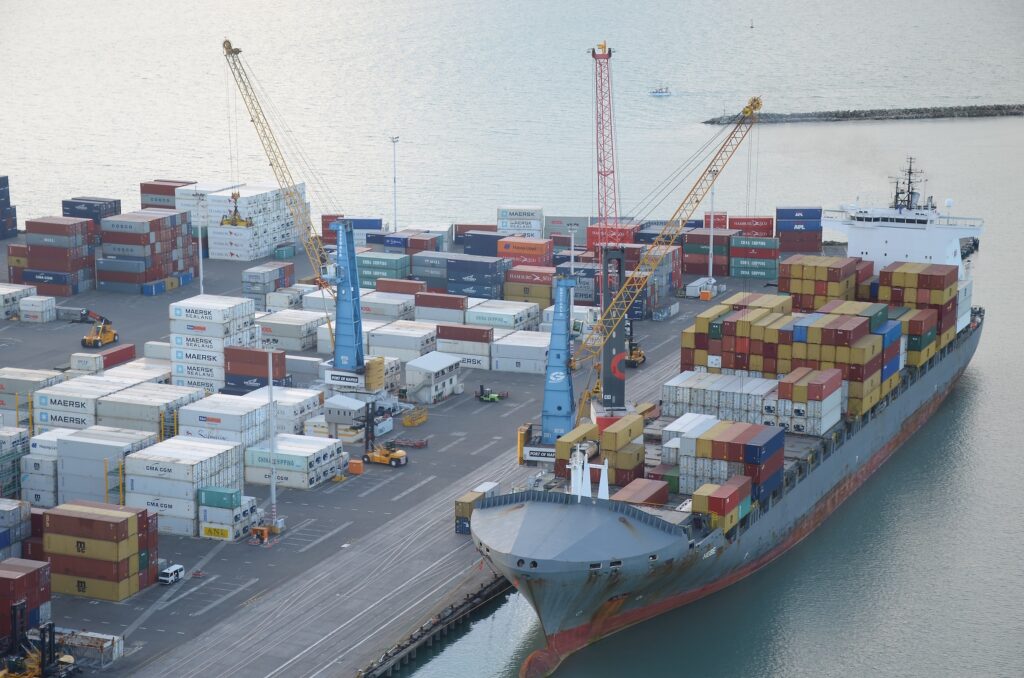
In Trading Hubs
The second group of roles is those related to exporting and importing. These are usually based out of export of import hubs, and much more likely to be office-based.
However, there are such offices all around the globe, which means that you may end up working in Bogota (Colombia), Lae (Papua New Guinea), or Addis Abeba (Ethiopia), just to name a few.
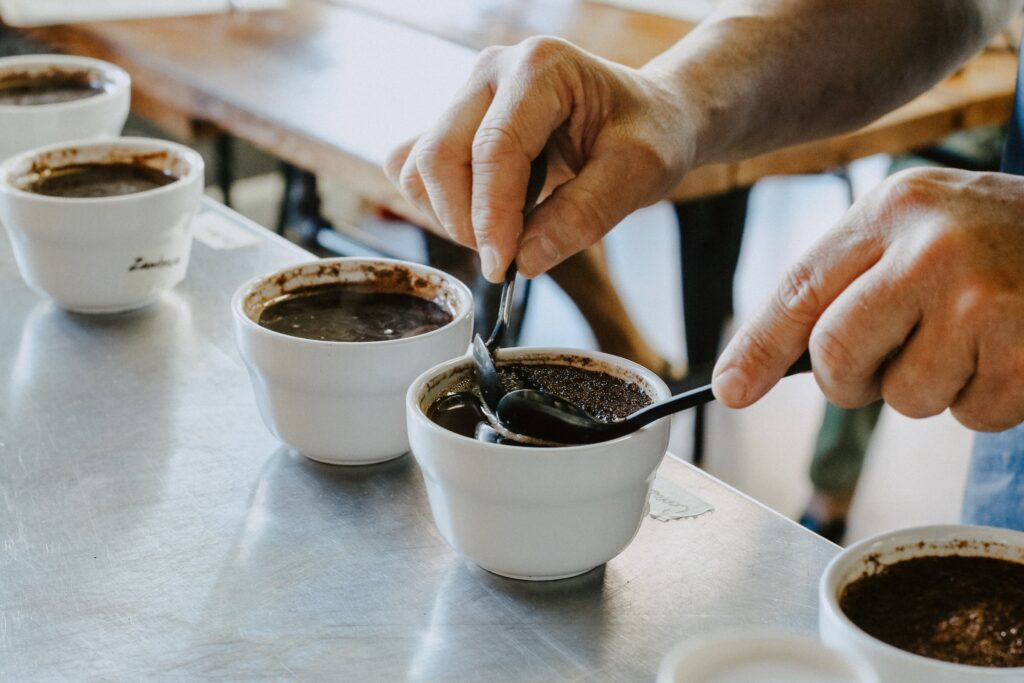
Coffee quality is an important pillar of every coffee career. It’s a skill in itself, and some are naturally better than others.
One can learn to cup coffee within a few weeks, and it’s possible to be an OK cupper after just a few months of consistent cupping. Mastery takes years.
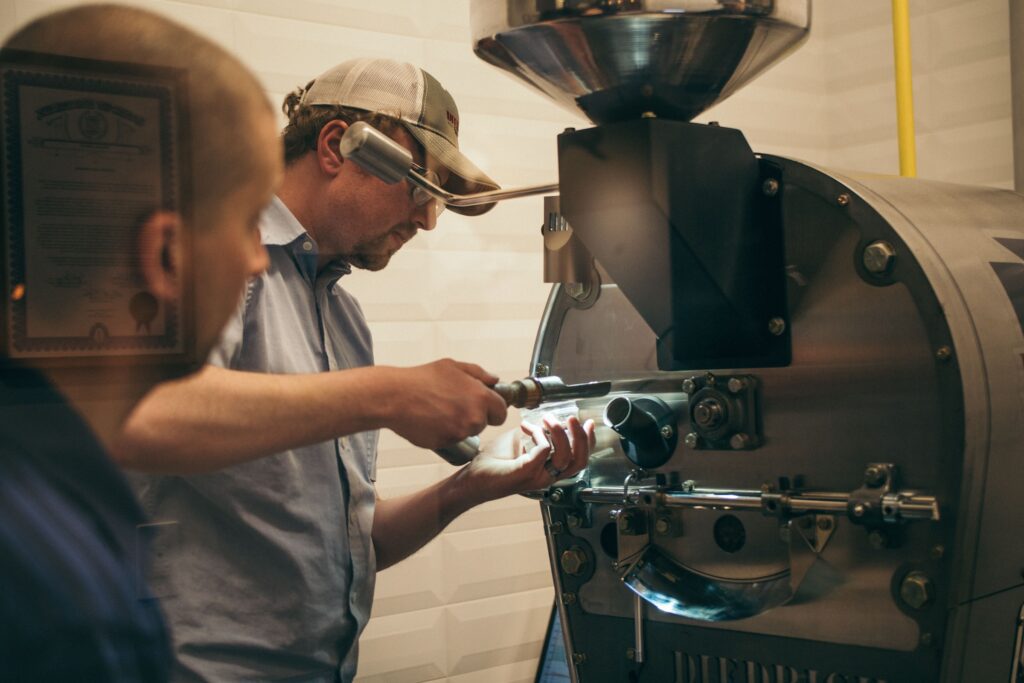
In consuming markets
Coffee roasting is a beautiful way to participate in the coffee industry and another reason why coffee is the best career for travel lovers. Roasting Burundi, then Ecuador, and finally some Timor coffee. Traveling without moving.
The specialty coffee industry is mostly distributed and consists of small craft roasters who roast on small (up to 25 Kg or so) coffee roasters.
The Coffee Supply Chain
The coffee supply chain refers to the seamless process that makes it possible to grow beans in exotic places and allows coffee lovers to have a cup of coffee at their convenience whenever they press a button or go to a local cafe.
Production
Coffee farmers produce coffee beans in dozens of countries around the world, around the tropics. Coffee producers range from smallholder farms with a few hundred trees to industrial producers with millions of trees.
Next to coffee production, there are other related processes that need to be performed “at origin” such as coffee washing, drying, milling, grading, and storing. Additionally, agricultural services need to be provided, such as planning, fertilizing, experimenting with coffee varieties, plant nursing, pest control, etc.
All of these processes need people, but strictly speaking, production does not usually require a lot of ‘internationals’. Locals perform most of the work, which to be fair is rather harsh and dull.
Your best bets are handling visits, coordinating with exporters, and helping out with sustainability, certifications, etc.
Export / Import / Trading
This is where most of the cool coffee jobs take place. Coffee jobs in this area are some of the best career choices for travel lovers.
There are three pillars here: commercial/trading, quality, and logistics.
It’s usually harder to land jobs in coffee trading, but luckily demand for people is high and thus there are always new opportunities around.
Exporters get to interact with coffee at origin, for example as a quality coordinator for an export company out of say Indonesia.
Roasting and cafes
Roasting takes green coffee beans and turns them into delicious coffee that one can brew. Cafes usually buy roasted beans and then grind them and brew them or prepare them with espresso machines.
Everyone knows that cafes require many baristas and runners, so it’s rather easy to find a job at your local cafe.
Joining a coffee roaster is harder because it requires a better understanding of the product. Quality control represents the most important skill for coffee professionals, you’ll learn coffee cupping and evaluate coffee quality.
In addition, roasters obviously need to understand the process of turning green coffee into roasted coffee.
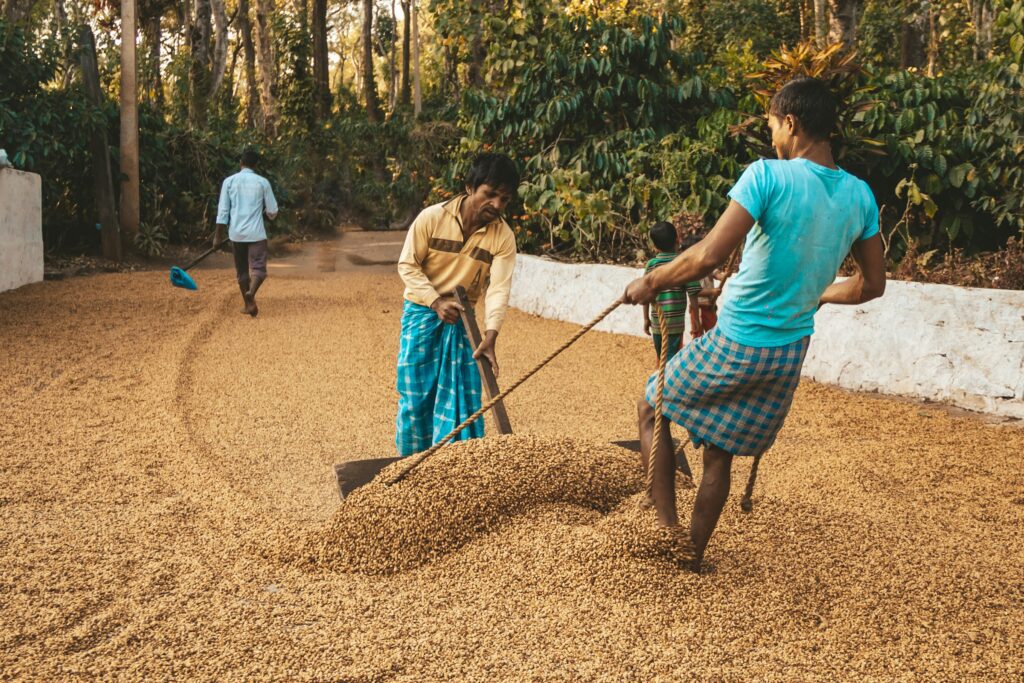
How To Land A Job In Coffee
Getting started “at origin”
You need to start somewhere. If you have no previous connection to the world of coffee, your best bet may be taking some time off work and traveling to a coffee-producing region, to be close to the process.
Go to Brazil, Guatemala, Colombia, Kenya, or Indonesia, and get in touch with local producing communities. Volunteer for some weeks or months to get some hands-on experience. You’ll see then why coffee is the best career for travel lovers.
Once you have a couple of months’ worth of working experience in the production side of the coffee business, you can start looking around for the next role.
Getting started anywhere else
Another way to get started is to get a job at your local cafe. Starbucks is a good ‘school’. Ideally, however, you want to work in a specialty coffee roaster or a cafe, which is more directly interested in the process of coffee production and thus will expose you more to the coffee business.
After some weeks or months as a barista, try getting closer to roasting. Coffee roasters are a useful starting point to get into the coffee world because they are part of the coffee supply chain. Coffee roasters purchase green coffee beans (raw beans), and then roast them.
This means that coffee roasters directly engage with coffee importers and thus are even more connected with coffee origins than a cafe.
Additionally, and this is the key, coffee roasters focus on quality checking. Quality assessment is a key element in the coffee supply chain. Coffee is a product that is highly dependent on quality.
So, if you get started anywhere else, the path is to start as a barista, get closer to roasting operations, and try to learn about quality control (cupping).
Getting started in cocoa trading
Coffee and cocoa trade quite similarly, they’re both soft commodities. This means that starting in cocoa is a great alternative to coffee trading jobs.
Cocoa and coffee grow in similar latitudes and climatic conditions, usually cocoa grows in lower-altitude, warmer conditions, where one can’t plant coffee.
Some of the best-known cocoa trading companies are Barry Callebaut, Cargill, and Olam. They all offer graduate programs.
Getting started as a university graduate
As mentioned, coffee is a global commodity, and virtually every big city has a local importer, a storage depo, a roaster, and so on.
Big coffee companies operate that supply chain, from producing, to trading, to roasting. Some big names in the industry are NKG (the world’s largest coffee trader), Nestle (the world’s largest coffee roaster), and Starbucks (the world’s most famous coffee roaster).
Try to join these coffee companies for one of the best careers for travel lovers: get paid to be in exciting places doing nice coffee stuff.
Getting started as an experienced professional
It’s also possible to join the world of coffee as an experienced professional. This is in fact how I started.
Your best bet here is to start from the ground up, still following the advice to “start at origin”. Get some work/volunteering experience at origin. This will help you understand the business, and the product, and allow you to travel and work.
Once you have your step on the door, you should think about how you can leverage your previous career and use those skills in the world of coffee.
Coffee professionals tend to be very passionate about the product and industry and help out newcomers who show passion and curiosity.
What now?
Learn as much about coffee as you can. Try to get working experience at a coffee-producing country, or destination country importer.
Alternatively, start in cocoa, and then move to the coffee industry.
Enjoy the coffee life!




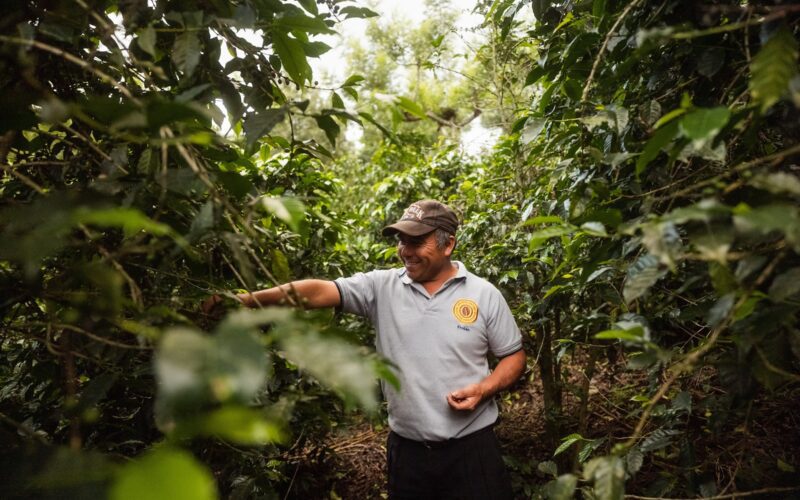
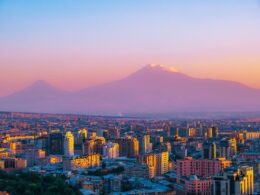



Hi! Nice article.
As someone who’s been in the specialty coffee industry and a full time traveler, I can confirm.
Specialty coffee has the main benefit of connecting consumers and producers, and for the lucky ones, this leads to jobs as the link between those parties.
Enjoy every minute!